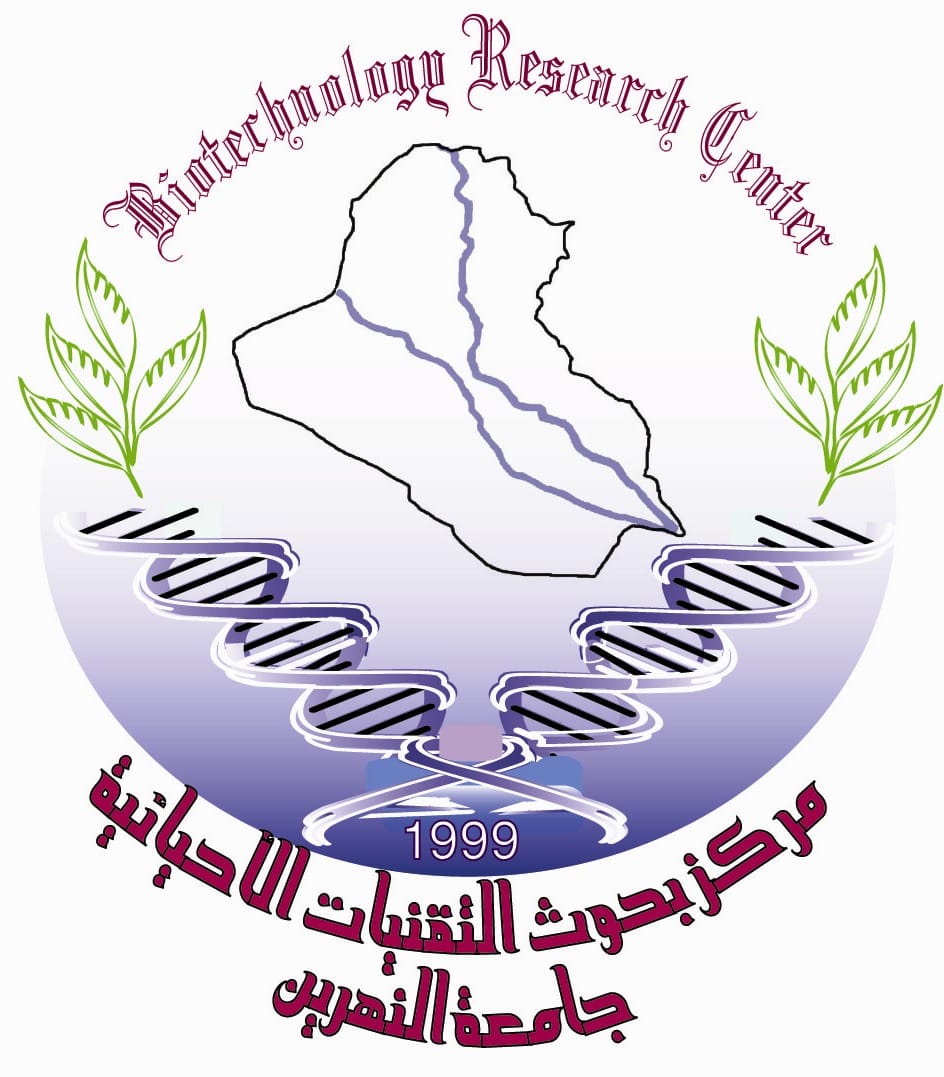Green Solutions for CO2 Mitigation: Exploring Microalgae-Based Carbon Capture and Utilization Technologies
DOI:
https://doi.org/10.24126/jobrc.2025.19.2.765Keywords:
CO2 sequestration, microalgae, power generation, Microbial carbon captureAbstract
Background: Rising carbon dioxide concentrations in the Earth's atmosphere drive greenhouse gas accumulation and climate change. Addressing this critical concern mandates inventive solutions, among which the Microbial Carbon Capture Cell (MCC) system stands out. Central to MCC technology is microalgae, encompassing diverse species with exceptional carbon dioxide absorption capabilities. Microalgae convert carbon dioxide into biomass through photosynthesis, effectively sequestering it and mitigating environmental impact. Beyond carbon sequestration, MCC technology extends to wastewater treatment and flue gas purification, providing a dual advantage by combating pollutants while capturing carbon dioxide. This holistic approach contributes to cleaner air and water, promoting sustainable development. MCC technology harbors transformative potential in energy. Microalgae-derived biomass can yield biofuels, a renewable energy source, substantially reducing greenhouse gas emissions. This shift from fossil fuels to biofuels is pivotal for reducing our carbon footprint and advancing sustainability. Objective: This study has multiple objectives, including emphasizing the role of microalgae in efficiently sequestering carbon dioxide, the parameters that affect microalgae growth and performance, and improving their carbon sequestration capabilities. Discussion: The study also highlights the power generation of MCC technology and its contribution to clean energy production and grid sustainability. The study also addresses the production of biodiesel from microalgae as a renewable and environmentally friendly fuel source, reducing carbon emissions, reducing dependence on depleting fossil fuels, and enhancing energy security. Conclusion: Microbial carbon capture cell technology holds promise in combating climate change by efficiently capturing carbon, reducing pollution, and transitioning to cleaner, sustainable energy sources.
Downloads
Published
How to Cite
Issue
Section
License
Copyright (c) 2025 Maryam N. Aljabory, Naseer A. Alhaboubi

This work is licensed under a Creative Commons Attribution 4.0 International License.
This is an Open Access article distributed under the terms of the creative commons Attribution (CC BY) 4.0 license which permits unrestricted use, distribution, and reproduction in any medium or format, and to alter, transform, or build upon the material, including for commercial use, providing the original author is credited.










